Andrea Leadsom bowed to the inevitable on Monday and left Theresa May unchallenged as the next leader of the Conservative Party and more importantly our next prime minister.
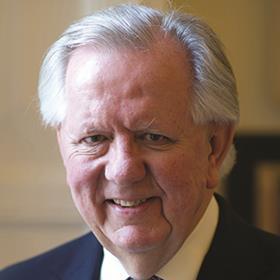
Leadsom learned politics the hard way in a very short time. As a junior minister who had only been in parliament for six years and who was never in the cabinet, she was overwhelmed by the early criticism of her overhyped CV and her ill-judged comments about the value of motherhood.
Her only attribute was that she was a ‘leaver’, but May shot that fox early on, making quite clear there would be no going back on our leaving the EU.
May already enjoyed the support of the vast majority of fellow MPs, and although some Tory members will feel cheated that they did not have the chance to vote in the leadership election, the vast majority will recognise as they did in 2005 when Michael Howard was elected without a formal process that saving two months during which there would have been no national leadership was a price worth paying.
I am personally delighted that May is to be our new prime minister. She is capable, experienced and brave. She is a no-nonsense deliverer who eschews the kind of small talk and gossip that dominates Westminster and simply gets on with the job.
Survival of the fittest
She will be more than capable of dealing with EU officials like Juncker and Shulz. She is the UK’s Angela Merkel and all the better for that. She stands her corner and wins most of her battles. She lunches with journalists but doesn’t gossip. She has survived as home secretary - always the most difficult job in government - for more than six years. She is a grown-up just when we need one.
Markets are beginning to recover as a result of this foreshortened contest and attention is turning to what our negotiating stance will be when she decides to invoke Article 50.
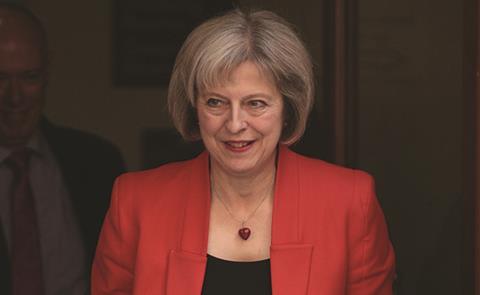
The UK will need to deal with three critical issues: first the need to negotiate some restriction on the free movement of people. The key will be the difference between the movement of people per se and the more relevant free movement of labour.
This country needs talented migrants, but the arrival of thousands of unqualified labourers has only helped to stoke resentment among millions of people who have not enjoyed a pay rise for five or six years and who hold the same unqualified migrants as responsible.
Whether they are right or not is not the issue. The fact is the next prime minister has to do something to show that the UK once more controls its own borders.
Two other issues will dominate negotiations. London needs to protect its position as the world’s financial centre by ensuring passporting arrangements with the rest of the EU are agreed early. Success here will benefit the commercial market in London and kick-start many currently stalled investments.
Failure to agree would inevitably see many foreign banks sending at least some of their staff to Frankfurt, Paris or Madrid, so the stakes are high. Expect to hear more of this in the months to come.
Cautious optimism
And the UK will also want to stay within the single market. Given that the rest of the EU exports as much to the UK as it does to the US and that failure here would damage both sides, we can be cautiously optimistic. Many in the property industry voted to remain but they will recognise that for whatever reason the country voted otherwise.
We will no doubt suffer some short-term turbulence, although a stimulus budget will help, but our challenge now is to ensure that in two years’ time the UK is enjoying stronger growth and better prospects than before the referendum vote. With Mrs May in the chair, I have every confidence in the outcome.
Steve Norris is chairman of Soho Estates and BNP Paribas Real Estate


























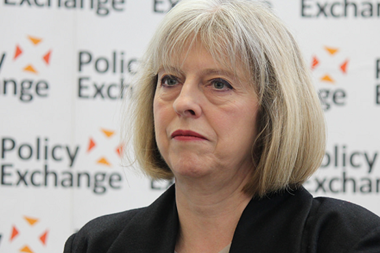

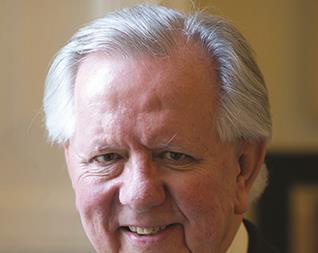
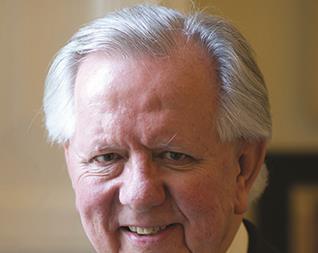
No comments yet